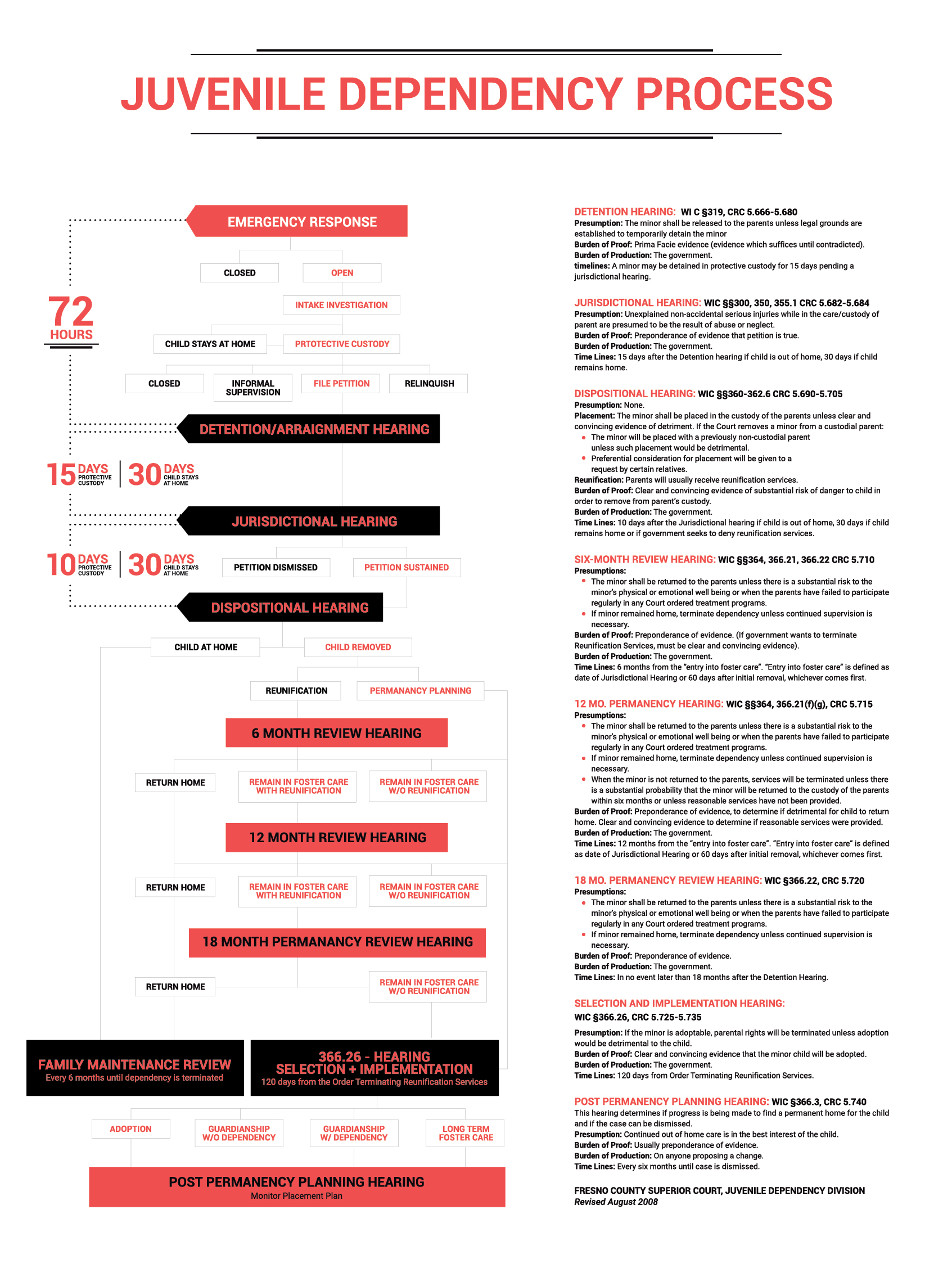In today's fast-paced world, many individuals struggle with mental and emotional challenges that hinder their success. Among these, procrastination, emotional dependency, and impostor syndrome are some of the most common challenges. But how can we overcome them?
This article, we will dive into the causes and solutions these three challenges. By understanding their impact and learning to manage them effectively, you can take control of your life.
Understanding Procrastination and Its Impact
Procrastination refers to postponing important activities even when you are aware of the consequences. It often stems from fear of failure, lack of motivation, or poor time management.

The effects of procrastination, it can lead to stress, missed o que é síndrome do impostor opportunities, and reduced productivity. To combat procrastination requires practicing self-discipline and creating actionable plans. Consider techniques like the Pomodoro Technique or setting realistic deadlines to stay on track.
The Nature of Emotional Dependency
Emotional dependency is a state where a person depends excessively on external relationships to fulfill their emotional needs. While human connection is essential, emotional dependency turns detrimental when self-esteem is tied solely to others’ approval.

Common signs of emotional dependency include a fear of rejection, difficulty making decisions independently, and constant seeking of external approval. Breaking free from this pattern, it’s crucial to develop self-awareness and learn to validate yourself internally. Engaging in personal development activities and professional guidance can provide significant support.
Recognizing and Managing Impostor Syndrome
Impostor syndrome refers to a psychological phenomenon where someone feels like a fraud despite evident success. Those affected tend to undermine their abilities rather than recognizing their talent and hard work.

Impostor syndrome often results in anxiety, self-doubt, and a fear of being “exposed”. Addressing this issue involves challenging self-critical beliefs and celebrating accomplishments. Engaging in supportive discussions and setting realistic expectations can also help you build confidence.
Steps to Overcome Procrastination, Emotional Dependency, and Impostor Syndrome
Here are some practical steps:
- Develop structured daily plans and set achievable goals.
- Build self-awareness to identify patterns of emotional dependency and foster personal resilience.
- Practice gratitude to counter impostor syndrome and consider therapy or coaching.
Consistency is key, so stay committed to these approaches to see positive changes.
Moving Forward from Mental Barriers
Procrastination, emotional dependency, and impostor syndrome may seem daunting, but they are manageable with the right strategies. With awareness and consistent effort, you open the door to personal growth.
Take the first step by recognizing these patterns in your life and adopting simple, actionable strategies. Remember: progress is a journey, not a destination.